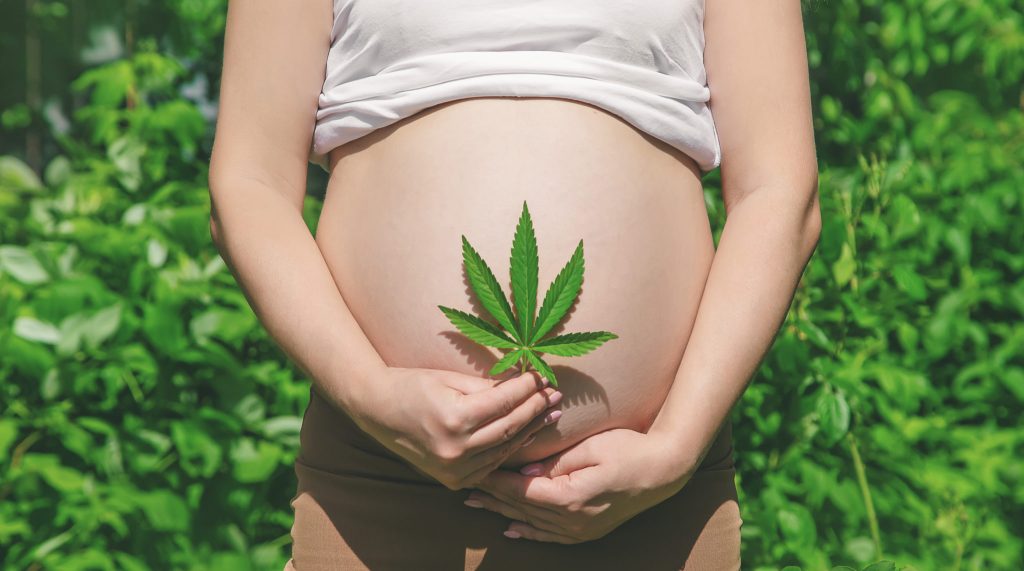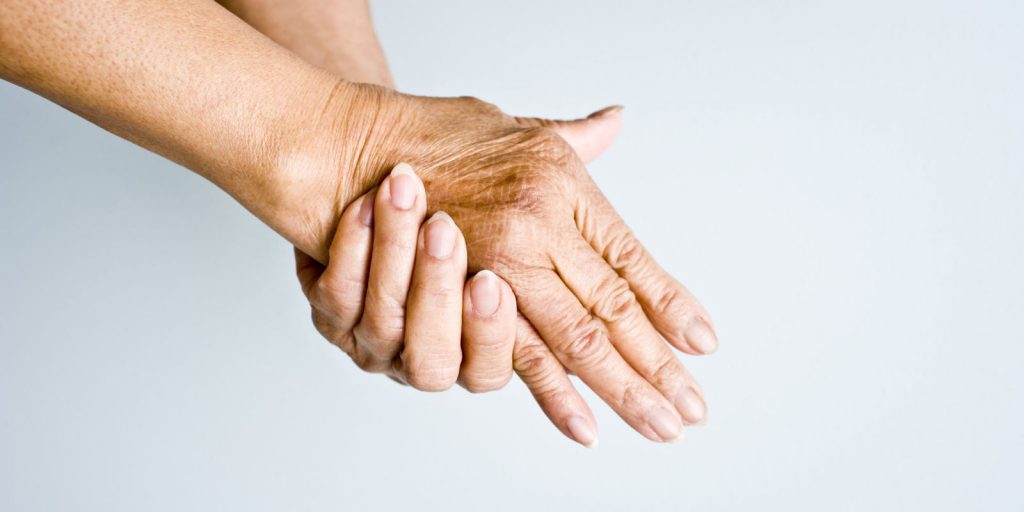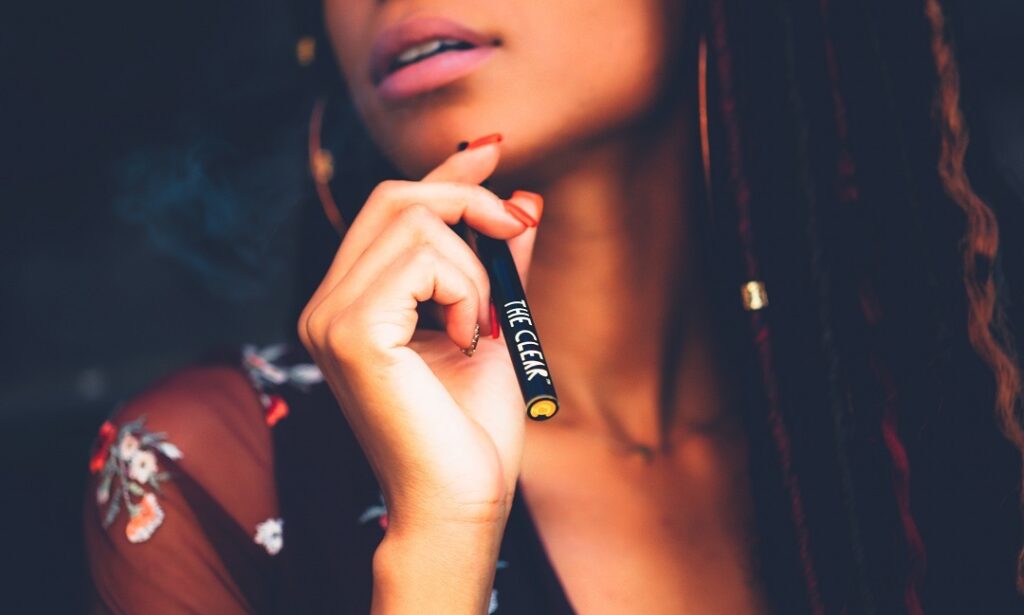Pregnant cannabis users deal with stigma and stress over the possibility of losing custody, all because they medicate with a plant that is still illegal on a federal level. Despite the legal statuses of cannabis in each state, the Federal classification supersedes in a situation involving the local child protective service agency. Even before a patient is aware of a pregnancy, their custodial rights are already compromised, because of the toxicology urine tests that are administered (sometimes unknowingly) during gestation.
What Pregnant Cannabis Users Need To Know About Toxicology Screenings
Fear of this possibility keeps a lot of pregnant people from obtaining proper prenatal care or from being honest with their doctor. With more states adopting legalization, many medical patients think they are safe from the Child Protective Services (CPS or DCF, depending on area). Others assume because they live in an adult use state, there shouldn’t be an issue.
These assumptions usually come from pregnant people who don’t consume alcohol or any other controlled substance and parents who treat serious conditions with a plant that they don’t view as a drug. Unfortunately, the CPS agencies don’t agree, and while the general message may be that they won’t interfere unless there is suspicion of drug abuse, evidence suggests otherwise. Countless stories flood social media groups for cannabis-consuming mothers and parents about CPS involvement in recreational states.
In many cases, the baby is removed or custody is challenged, despite evidence showing a stable home environment. The agency puts the new parent through an intense investigative process, which often results in needless drug treatment programs, lost wages, exorbitant legal fees, and long-lasting trauma.
What many don’t know, however, is that a patient can refuse a toxicology screening.
Toxicology Screenings For New Moms and New Babies
“When a pregnant person is admitted to a hospital or medical center for labor and delivery, she has the right to refuse drug testing, but in most facilities, the neonate may be tested without parental consent”, says Marissa Fratoni, registered nurse (BSN-RN) and cannabis educator.
“In most facilities, child protection guidelines set forth by public health departments and the law supersedes parental rights when it comes to drug testing.”
One of the biggest factors in the outcome of a toxicology screening is informed consent, which is when the patient is made aware of the testing, along with the potential consequences. In many situations, a patient may not even consider the possibility of a test, because their practitioner doesn’t bring it up during the visit. Even if the chosen practitioner does understand the situation and agrees not to test, a pregnant person must still consider the possibility of intervention from outside sources like other hospital staff.
If a lactation specialist became aware of the parent being a cannabis user, for instance, they could alert CPS without informing the patient beforehand. There currently is no fail-proof way for a mother to avoid the possibility of losing custodial rights, especially when you have financial limitations and no choice which provider you see due to your insurance. As Fratoni points out, finding prenatal workers who work outside the conventional system isn’t impossible, but it can be costly.
“Professional Midwives (CPM) and Certified Nurse-Midwives (CNM) are trained maternal health birth professionals. Although they may work with or in conventional settings, these care providers may also work in private birthing centers or provide care services for families that elect to have a homebirth. Unfortunately, their services are not always covered by health insurance, so families that are interested in working with these providers may need to pay out of pocket.”
One person who found an unconventional provider was Stephanie Kerns, long-time advocate and medical cannabis patient. She found out about her right to refuse a toxicology test in the hospital when she came in contact with Moms for Marijuana International. Kerns says that one of the founders offered support and said that she was available to answer any questions.
Kerns found a practitioner who learned of her medical history, documenting why she no longer chose to use pharmaceuticals to treat her Endometriosis.
“She informed me that even though I was planning a home birth we needed a plan if I needed the hospital. The plan ended up having to be executed. When I arrived at the hospital in labor my practitioner was by my side”, says Kerns, noting that her practitioner informed hospital staff that no toxicology screening was necessary.
Nothing was administered without her consent: no vaccine, tests, or treatments, the practitioner made it clear that staff was not to even enter the room unless needed.
“She also said we would keep the lights off in my room to keep me relaxed. Everyone was nice and did what we said”, says Kerns, making it clear that hospital workers took great caution when they did enter, “They were impressed with how well informed I was, that I had an advocate there with me (my doctor) and they didn’t question anything.”
Not everyone is empowered with such advocacy, mainly because they don’t know where to begin. Discovering a pregnancy is overwhelming enough; worrying about custody before the concept can even land is too much for one person to handle alone. Having an advocate is crucial, which is why more resources are beginning to surface as legalization becomes more global.





